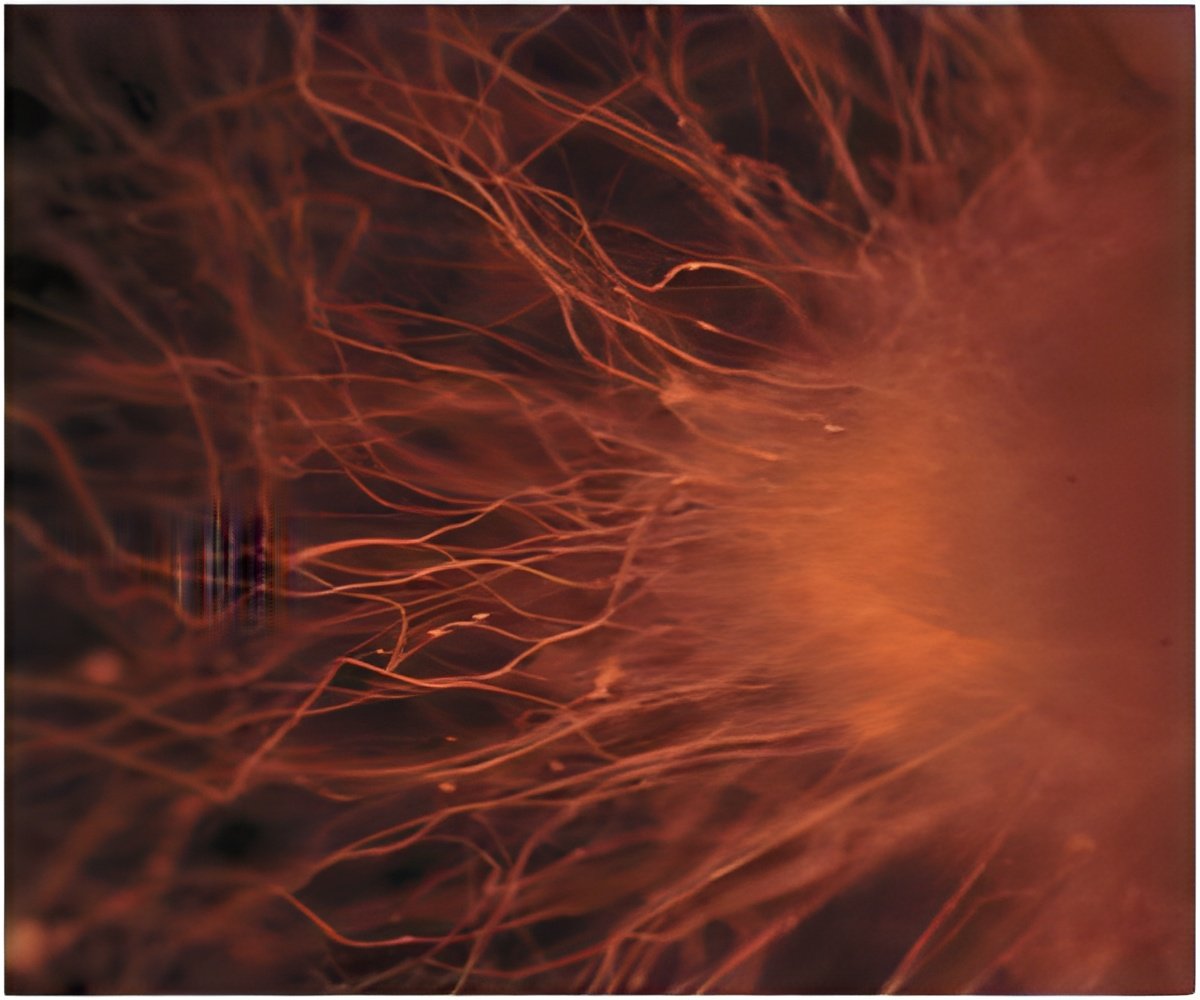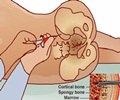
However, the use of FK506 to stimulate nerve regeneration is limited because of the risk of renal failure and hypertension, and its considerable cost. With long-term allografts, FK506 alone or combined with other drugs reportedly cause life-threatening infections. Like FK506, rapamycin is an immunosuppressant and FKBP-12-binding ligand, and has a neuroregenerative effect in vitro.
Rapamycin has lower nephrotoxicity, lower risk of hypertension, and less neoplastic potential than FK506. Dr. Yixia Yin and co-workers from Wuhan University of Technology in China found that the lowest rapamycin concentration (1.53 nmol/L) more significantly promoted Schwann cell migration than the highest FK506 concentration (100 μmol/L). Rapamycin promoted the secretion of nerve growth factors and upregulated growth-associated protein 43 expression in Schwann cells, but did not significantly affect Schwann cell proliferation. Therefore, rapamycin has potential application in peripheral nerve regeneration therapy. These findings have been published in the Neural Regeneration Research.
Source-Eurekalert









